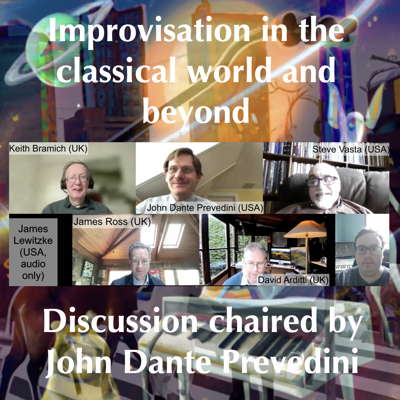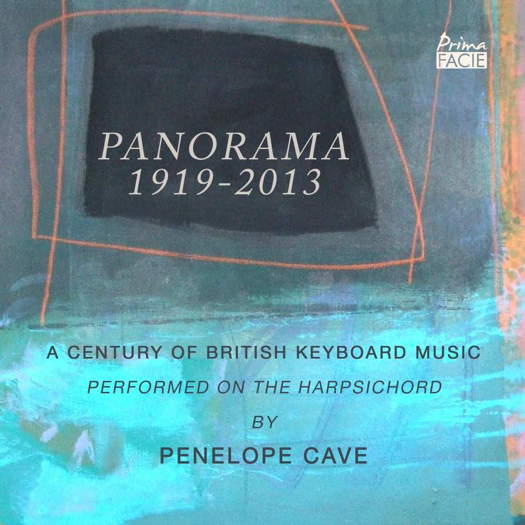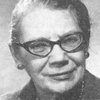 DISCUSSION: John Dante Prevedini leads a discussion about Improvisation in the classical world and beyond, including contributions from David Arditti, James Lewitzke, James Ross and Steve Vasta.
DISCUSSION: John Dante Prevedini leads a discussion about Improvisation in the classical world and beyond, including contributions from David Arditti, James Lewitzke, James Ross and Steve Vasta.
Gideon Klein
Czech pianist and composer Gideon Klein was born in Prerov on 6 December 1919 into a Moravian Jewish family. He began to study piano (with Ruzena Kurzová and Vilém Kurz) and composition (with Alois Hába) but this stopped when the Nazis closed all the institutes of higher learning after occupying Czechoslovakia in March 1939. For a while he played the piano under false names, and was offered a scholarship at the Royal Academy of Music in 1940, but the anti-Jewish legislation meant that he couldn't travel there.
On 1 December 1941 he was deported to Terezín, where he became one of leading lights of the music life there (alongside Pavel Haas, Hans Krása and Viktor Ullmann). He wrote much music, gave at least fifteen recitals and played chamber music. After nearly three years in Terezín, he was deported, first to Auschwitz and then to the Fürstengrube labour camp, where he died, aged twenty-six (in unknown circumstances on approximately 27 January 1945) during the liquidation of Fürstengrube.
A selection of articles about Gideon Klein
Ensemble. Death and the Maiden - Giuseppe Pennisi listens to Patricia Kopatchcinskaja and the Saint Paul Chamber Orchestra
Ensemble. Wide-ranging Character - Andrew Dunlop, Ria Nolan and the Eblana String Trio, heard by Mike Wheeler
CD Spotlight. Vividly Atmospheric - Music by composers in Theresienstadt, heard by Howard Smith. 'The Nash players' programme is presented with their customary aplomb ...'
Ensemble. Cruelly Written Out - Simon Broughton listens to works by Gideon Klein and Hans Krása



